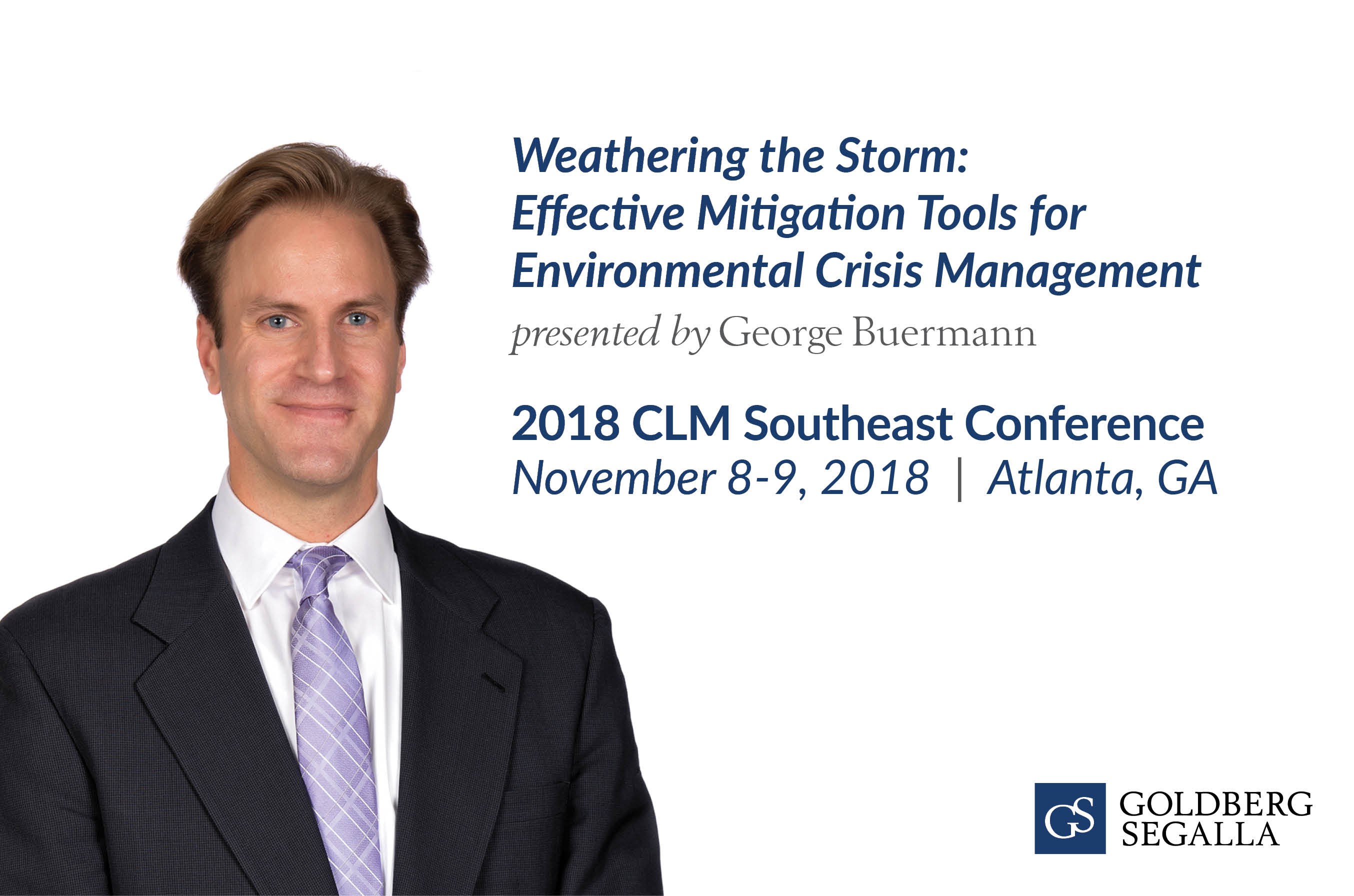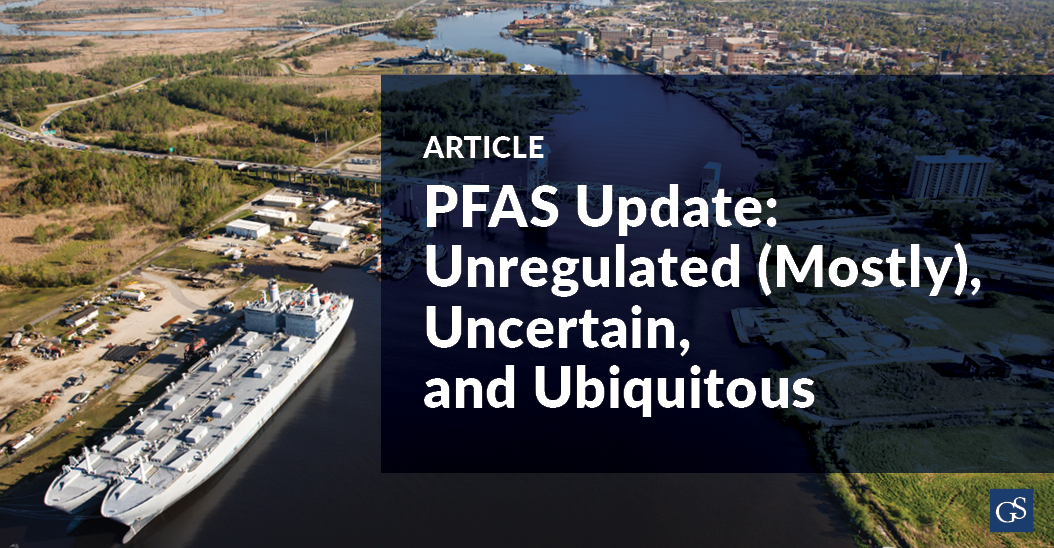U.S. EPA this month proposed a rule that will seek to exempt factory farms, also known as concentrated animal feeding operations (CAFOs), from reporting emissions from animal waste under the Emergency Planning and Community Right-to-Know Act (EPCRA). The Acting EPA Administrator Andrew Wheeler (who President Trump has now officially recommended to head up the EPA) stated that exempting factory farms will provide clarity to farmers and ranchers, who were given an exemption in March of this year from reporting air emissions under the Comprehensive …
Continue Reading









